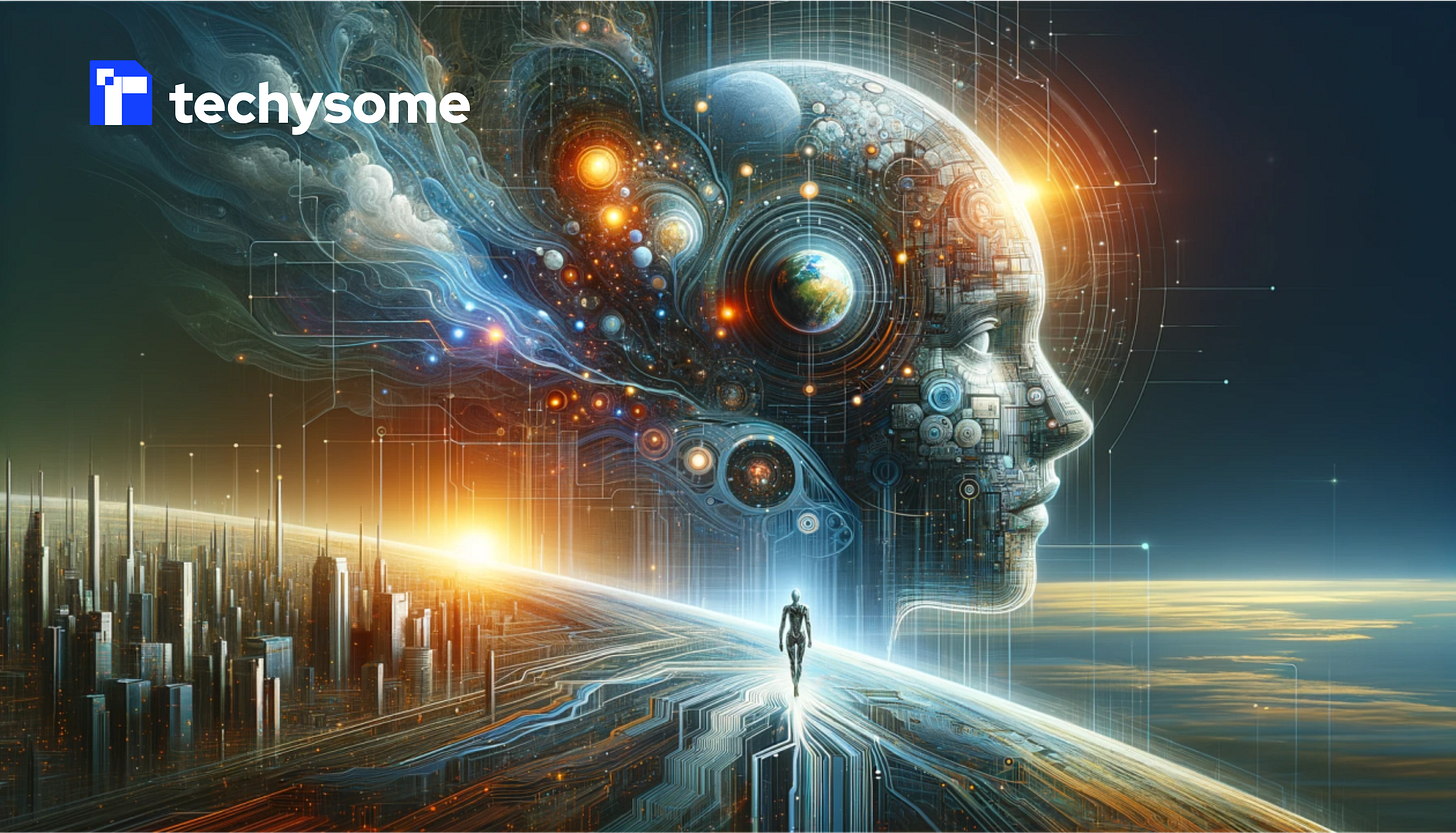Artificial General Intelligence: A Glimpse into the Future of AI
Artificial Intelligence (AI) has made tremendous strides over the past few decades, revolutionizing industries and transforming daily life. However, most of today's AI systems are specialized and narrow in scope. The concept of Artificial General Intelligence (AGI) represents the next frontier in AI development, where machines would possess the ability to understand, learn, and apply knowledge across a wide range of tasks at a level comparable to human intelligence. This blog post explores the potential of AGI, its implications, the challenges in its development, and what the future might hold.
Understanding Artificial General Intelligence
1. Defining AGI
Artificial General Intelligence (AGI) differs fundamentally from the AI technologies we use today:
Narrow AI vs. AGI: Narrow AI is designed to perform specific tasks (e.g., language translation, image recognition) and excels within its domain. AGI, on the other hand, would have the capacity to perform any intellectual task that a human can do.
Human-Like Understanding: AGI aims to replicate human cognitive abilities, including reasoning, problem-solving, learning, and understanding complex concepts across different contexts.
2. Historical Context and Evolution
The pursuit of AGI is not new:
Early AI Research: The concept dates back to the 1950s, with pioneers like Alan Turing and John McCarthy laying the groundwork for AI research.
Advancements in AI: Significant progress in machine learning, deep learning, and neural networks has brought us closer to achieving AGI, though we are still in the early stages.
The Potential of AGI
1. Revolutionizing Industries
AGI has the potential to transform various sectors:
Healthcare: AGI could diagnose diseases, develop personalized treatment plans, and manage patient care with unprecedented accuracy and efficiency.
Education: Intelligent tutoring systems powered by AGI could offer personalized learning experiences, adapting to each student’s needs and learning style.
Finance: AGI could optimize investment strategies, manage financial risks, and detect fraudulent activities with far greater precision than current systems.
2. Enhancing Human Capabilities
AGI could augment human abilities in several ways:
Scientific Research: AGI could accelerate discoveries in fields like physics, biology, and chemistry by processing vast amounts of data and generating novel hypotheses.
Creative Arts: AGI could collaborate with artists, musicians, and writers to create new forms of art, music, and literature.
Everyday Life: AGI-powered personal assistants could manage daily tasks, enhance productivity, and improve overall quality of life.
Challenges in Developing AGI
1. Technical Hurdles
Developing AGI presents several technical challenges:
Complexity and Computation: Creating an AGI requires immense computational power and sophisticated algorithms capable of mimicking human cognitive processes.
Learning and Adaptation: AGI must be able to learn and adapt from limited data and experiences, much like humans do.
2. Ethical and Social Considerations
The development of AGI also raises important ethical and social questions:
Safety and Control: Ensuring that AGI systems act in accordance with human values and do not pose risks to society is paramount.
Bias and Fairness: Addressing potential biases in AGI algorithms to prevent discrimination and ensure fairness is critical.
Economic Impact: The widespread adoption of AGI could disrupt labor markets and necessitate new approaches to employment and income distribution.
The Future of AGI
1. Pathways to AGI
Several approaches are being explored to achieve AGI:
Brain Simulation: Simulating the human brain's neural networks and understanding its functioning could provide insights into developing AGI.
Cognitive Architectures: Creating cognitive models that replicate human thought processes is another promising avenue.
Hybrid Approaches: Combining symbolic AI with machine learning and neural networks could help bridge the gap between narrow AI and AGI.
2. Collaborative Efforts
The journey towards AGI requires collaboration across disciplines:
Interdisciplinary Research: Combining expertise from computer science, neuroscience, psychology, and other fields is essential to overcome the challenges in AGI development.
Global Cooperation: International cooperation and shared resources can accelerate progress and ensure that AGI benefits all of humanity.
Conclusion
Artificial General Intelligence represents a transformative leap in AI research, promising to revolutionize industries, enhance human capabilities, and reshape our world. While significant technical, ethical, and social challenges remain, the potential benefits of AGI make it a compelling and exciting area of exploration. By fostering interdisciplinary research and global collaboration, we can navigate the complexities of AGI development and unlock its full potential, creating a future where intelligent machines augment human intelligence and contribute to a better world.


